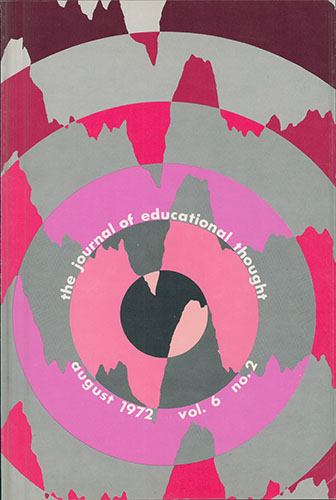Education, Technology, and the Technocratic Distortion: A Critique
DOI:
https://doi.org/10.55016/ojs/jet.v6i2.43589Abstract
Historically, American education has mirrored and transmitted the dominant value constellation of the larger culture. When the United States emerged from its earlier status as an agrarian society to become a powerful industrial state the educational system similarly metamorphosed. During the nineteenth and early twentieth centuries, formal educational institutions functioned not only to integrate immigrants into the democratic social order, but also to impart those necessary socioeconomic skills, behaviors, values, and attitudes so crucial to the survival of a growing, bourgeois, industrial society.1 In the middle of the twentieth century, a's the industrial society began to experience profound technoJogical transformation a consequence of the impact of computers, electronics, and other highly sophisticated communicative techniques on the world of industry the educational system underwent q parallel change. Its mission became a post-industrial one: to prepare a serviceoriented, professional technical class capable of expanding and strengthening the t echnocratic social order.
Downloads
Published
Issue
Section
License
The Journal of Educational Thought retains first publication rights for all articles. The Journal grants reproduction rights for noncommercial educational purposes with the provision that full acknowledgement of the work’s source be noted on each copy. The Journal will redirect to the appropriate authors any inquiries for further commercial publication of individual articles. All authors wishing to publish in JET will be asked to fill in and sign a Consent to Publish and Transfer of Copyright agreement.
Authors must affirm that any submission to JET has not been and will not be published or submitted elsewhere while under considration by JET.

